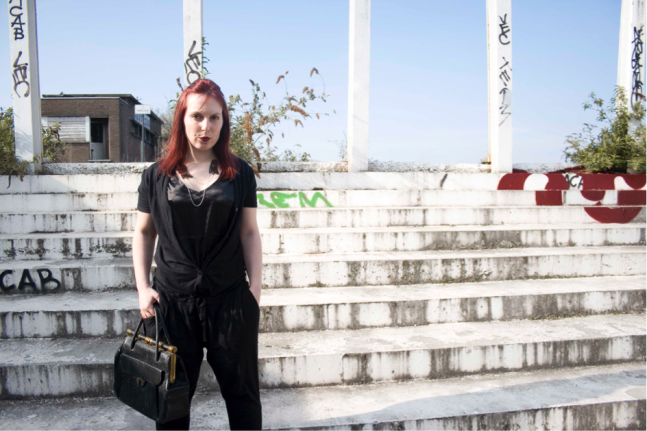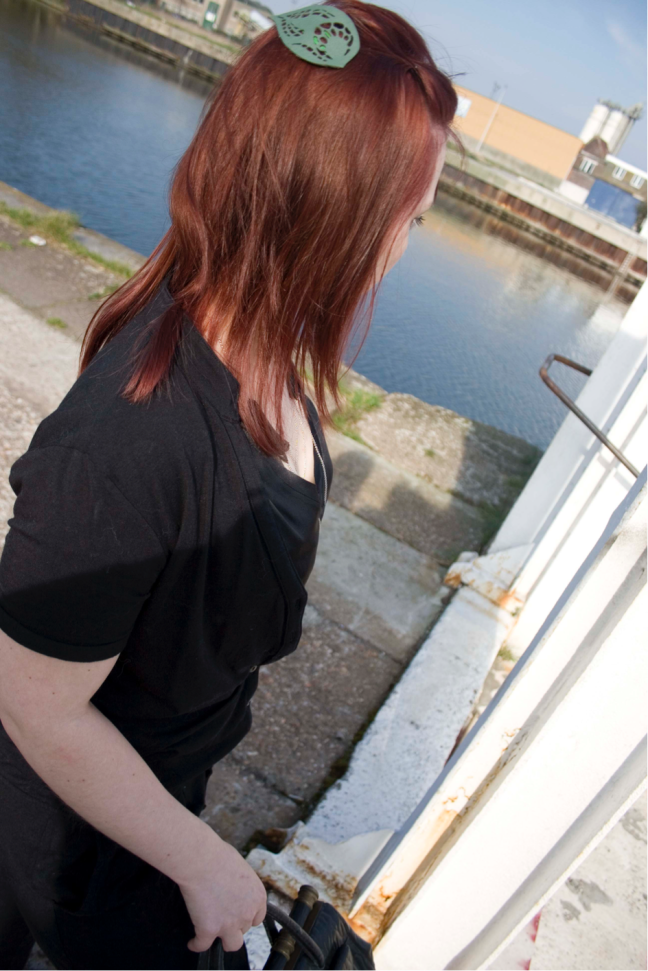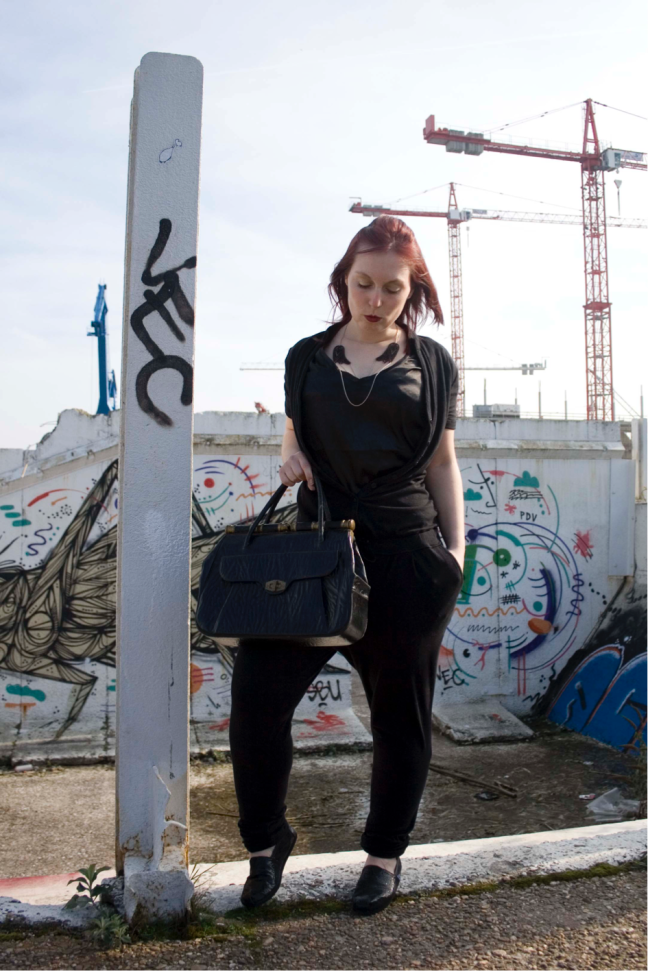Jag är jätteglad att kunna presentera en fantastisk bloggserie här på Ecosphere, nämligen flera gästbloggare som skriver om hållbart mode ur sin synvinkel! Inläggen kommer vara på antingen svenska eller engelska, och jag hoppas att de kommer inspirera dig och många andra till en mer hållbar garderob på lång sikt! // I am so happy to be able to present an amazing series of guest blog posts here at Ecosphere, i.e. numerous bloggers writing about sustainable fashion from their point of view! The posts will be in either Swedish or English, and I hope that they will inspire you and many more to a more sustainable closet in the long run!
Den här gången är det MaryShoppingS som gästbloggar om vad som är rättvist för henne, som annars bloggar på MaryShoppingS // This guest blog post is from MaryShoppingS about what’s fair to her, and you can read her blog about about shopping and ethics here!
Här hittar du inlägg #1 & inlägg #2 & inlägg #3 & inlägg #4 & inlägg #5 i bloggserien! // Here you can find post #1 & post #2 & post #3 & post #4 & post #5 in the blog series.
_______________________________________________________________________________________
What is fair to me?
During my search for a more sustainable and fair styling, it became clear to me that there are a lot of points of discussion in this field.
I think that the most important thing in the clothing industry should be that your clothes are made in an honest production line, by which I mean: being made by someone who loves that job and is being appreciated for it. How? For starters: with a fair wage and a healthy work environment. If the goods are handmade and support a handcraft, that’s a very nice bonus because of the preservation of the handcraft itself and the creation of jobs it brings with it. A fair production line also means attention for the fabrics and their origins. How are they produced? Was it harmful to the environment and the people who worked with it? Is the production fitted to the number of orders or do they just produce a certain quantity to reduce costs?
In a short way: It boils down to these important questions:
- What about the fabrics and the production of the clothes itself? Are there big or hidden costs to the environment or to the people who are involved?
- Has there been mass production just to lower the costs?
By thinking about these questions when you buy something, you gain consciousness! Good for you girl!
How do you can take it slow in your own dressing room?
- Slow fashion: we’re simply consuming too much. When you buy less but choose well, you’ll enjoy more. This thought is based upon a great philosopher (Jeremy Bentham). It does miracles to your budget when you shop less, so suddenly it becomes possible to buy that one beautiful but expensive, because fairly made, piece. You can see it as an investment.
- Re-use and up-cycle : buy vintage or look for up-cycled items. They are original and had a secret life before you, that sounds kind of badass.. * ow yeah *
- Buy labels that are locally produced and often handmade.
- Buy labels that are doing an effort to produce fair and use eco-fabrics.
- Buy labels that are involved with a social project
I do try to practice what I preach on my blog but not everything can be fully eco and fair. For me it’s important to not only pry about them who are fully committed but also name those who are doing an effort and who are honest about their points of improvement.
I choose an outfit post of myself which feels fair to me, I tell you why!
Jumpsuit : Miss Green
Shirt : Alchemist
Ballerinas : Toms
Necklace : La Ville Jewelry
Hair accessory : La Ville Jewelry
Purse : Vintage purse from my grandmother
The labels Miss Green and Alchemist are both Dutch and stand for the use of eco-fabrics and a production in a healthy work environment with honest wages. My shoes are from TOMS and they’re having a social project associated with their brand, if you buy shoes from TOMS, you also buy new shoes for a kid in need. Both the necklace as the hair accessory are locally produced and handmade in Belgium by a little company of two sisters who are loving their handcraft. My purse is a vintage item from my late grandmother. It is an example of re-use and has an emotional component to so it makes me like it even more.
I thank Pernilla for this opportunity to share my opinion with her wonderful fair followers and I hope to hear from you guys soon!
Kisses from Belgium!
XoXo Maryshoppings




Reblogga detta på Atelier AnVertSoie och kommenterade:
must read!
GillaGillad av 1 person